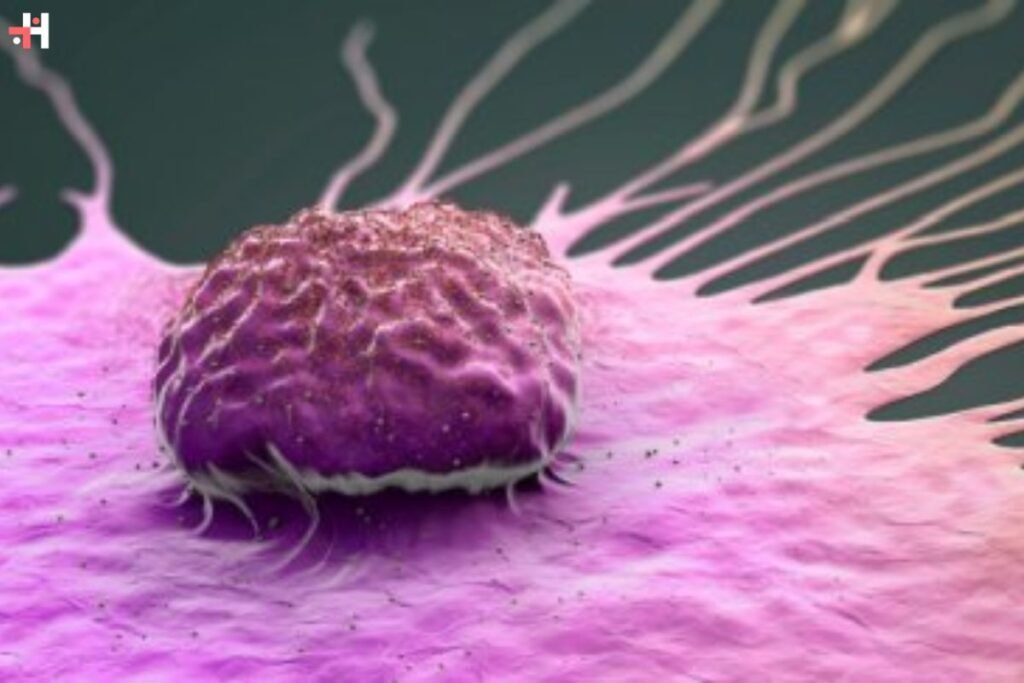(Source-Science-Alert)
A groundbreaking discovery in cancer research sheds light on the connection between diet and cancer risk, metabolism. Scientists have uncovered a previously unknown mechanism that temporarily disables a gene crucial for suppressing tumor formation, providing insights into why an unhealthy diet or unmanaged metabolic conditions like diabetes may increase cancer risk.
Researchers from Singapore and the UK conducted a study using mouse models, human tissue samples, and lab-grown human breast organoids. Their investigation revealed that alterations in glucose metabolism could facilitate cancer growth by inactivating the BRCA2 gene, a key protector against tumors.
Lead author Li Ren Kong, a cancer pharmacologist from the Cancer Science Institute of Singapore (CSI Singapore), emphasized the significance of these findings in understanding cancer risks associated with dietary habits and weight management.
Challenging Established Theories
The discovery challenges the long-held ‘two-hit’ paradigm proposed by Knudson in 1971, which suggests that both copies of a tumor suppressor gene must be permanently inactivated for cancer to develop. Recent studies have shown that mutations in just one copy of the BRCA2 gene can predispose individuals to various cancers.
The team examined individuals inheriting one faulty copy of BRCA2 and found that their cells were more sensitive to methylglyoxal (MGO), a byproduct of glucose metabolism. Elevated MGO levels, often observed in conditions like diabetes, can lead to DNA and protein damage, contributing to disease complications.
The Role of Methylglyoxal
The researchers discovered that MGO can temporarily disable the tumor-suppressing functions of the BRCA2 protein, leading to mutations associated with cancer development. This effect was observed in both noncancerous cells and patient-derived tissue samples, highlighting its relevance to human breast and pancreatic cancer.
The study suggests that disruptions in glucose metabolism can compromise BRCA2 function through MGO, thereby promoting cancer development and progression. This insight underscores the importance of dietary factors and metabolic health in cancer prevention strategies.
Future Directions
While the findings offer promising insights, further research involving larger clinical studies and animal models is needed to validate the link between dietary factors, diabetes, and cancer risk. Detecting MGO levels through blood tests may serve as a potential marker for cancer risk assessment.
The discovery of the link between diet and cancer risk, metabolism opens new avenues for cancer prevention and early detection. By understanding how dietary habits and metabolic conditions impact cancer development, researchers hope to develop proactive measures to mitigate diet and cancer risk, and improve overall health outcomes.
The research findings have been published in the journal Cell, marking a significant advancement in our understanding of cancer biology and prevention strategies.









